- Home
- About LASEPA
- Departments
- Zonal Office Directorate
- Noise Control Department
- Water & Land Pollution Control Department
- Research and Development Department
- Chemical & HMM Department
- Natural Resource Protection
- Laboratory Services Department
- Enforcement Department
- Finance and Accounts Department
- Internal Audit Unit
- Admin & Human Resources Department
- Public Relations Unit
- Billing Unit
- Information, Communication Technology Unit
- Environmental Sustainability (E-Waste And Plastic Solution) Unit
- Hydrocarbon & Gases Storage Unit
- Data Management, Enquiries & Complaints Unit
- Legal Unit
- Engineering Unit
- Budget & Planning Unit
- Procurement Unit
- Air Quality and Emission Control Unit
- Monitoring and Compliance department
- Partnership Grants Managements and Innovation Unit
- Environmental Laws
- Regulatory Services
- Press
- Air Quality
- Trade | Các mẹo chơi xóc đĩa Sunwin dễ thắng nhất | Lagos State Environmental Protection Age…
- Trade | Các mẹo chơi xóc đĩa Sunwin dễ thắng nhất | Lagos State Environmental Protection Age…
- Home
- About LASEPA
- Departments
- Zonal Office Directorate
- Noise Control Department
- Water & Land Pollution Control Department
- Research and Development Department
- Chemical & HMM Department
- Natural Resource Protection
- Laboratory Services Department
- Enforcement Department
- Finance and Accounts Department
- Internal Audit Unit
- Admin & Human Resources Department
- Public Relations Unit
- Billing Unit
- Information, Communication Technology Unit
- Environmental Sustainability (E-Waste And Plastic Solution) Unit
- Hydrocarbon & Gases Storage Unit
- Data Management, Enquiries & Complaints Unit
- Legal Unit
- Engineering Unit
- Budget & Planning Unit
- Procurement Unit
- Air Quality and Emission Control Unit
- Monitoring and Compliance department
- Partnership Grants Managements and Innovation Unit
- Environmental Laws
- Regulatory Services
- Press
- Air Quality
- Trade | Các mẹo chơi xóc đĩa Sunwin dễ thắng nhất | Lagos State Environmental Protection Age…
- Trade | Các mẹo chơi xóc đĩa Sunwin dễ thắng nhất | Lagos State Environmental Protection Age…
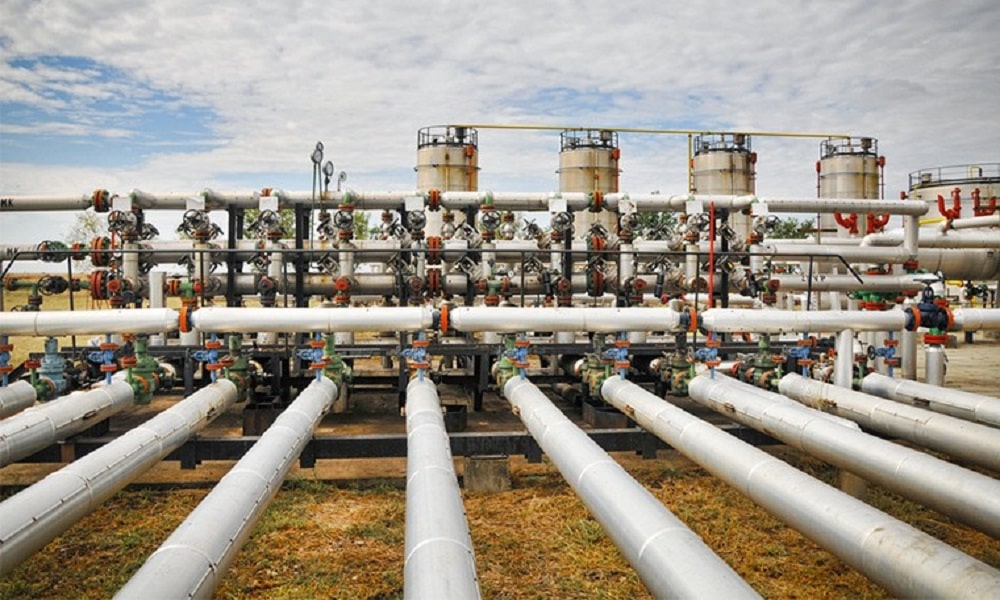
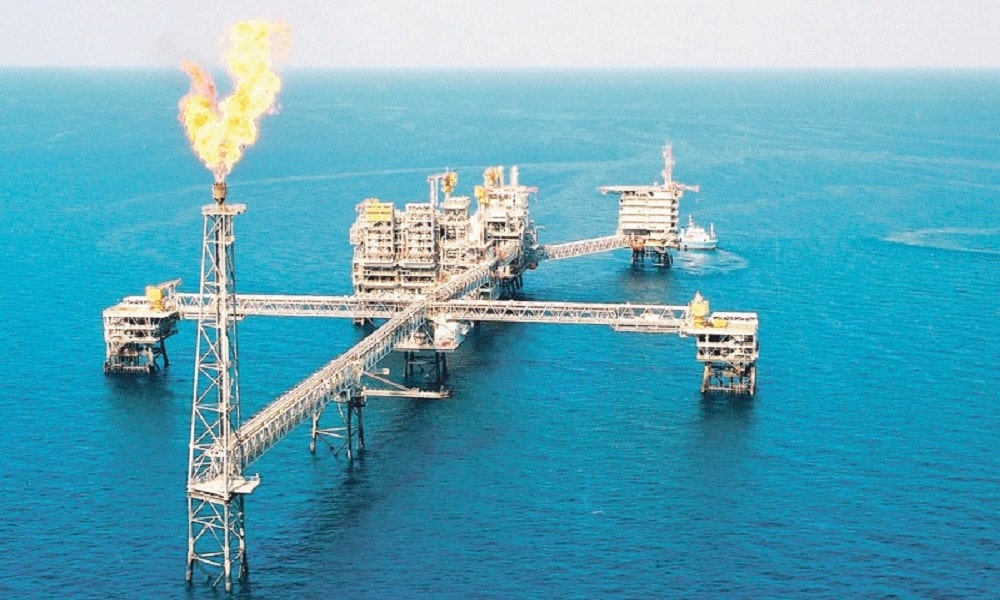
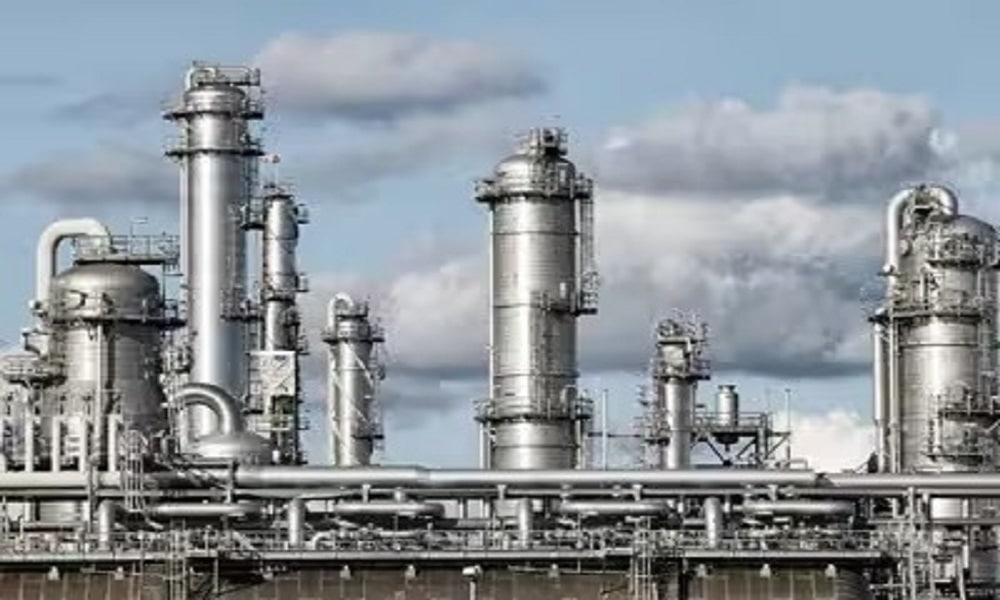
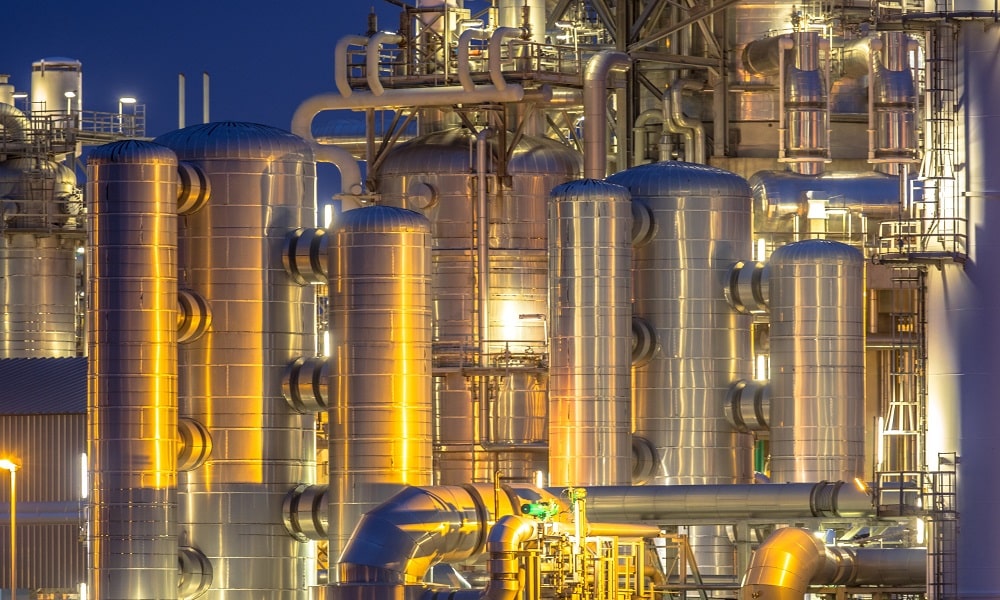
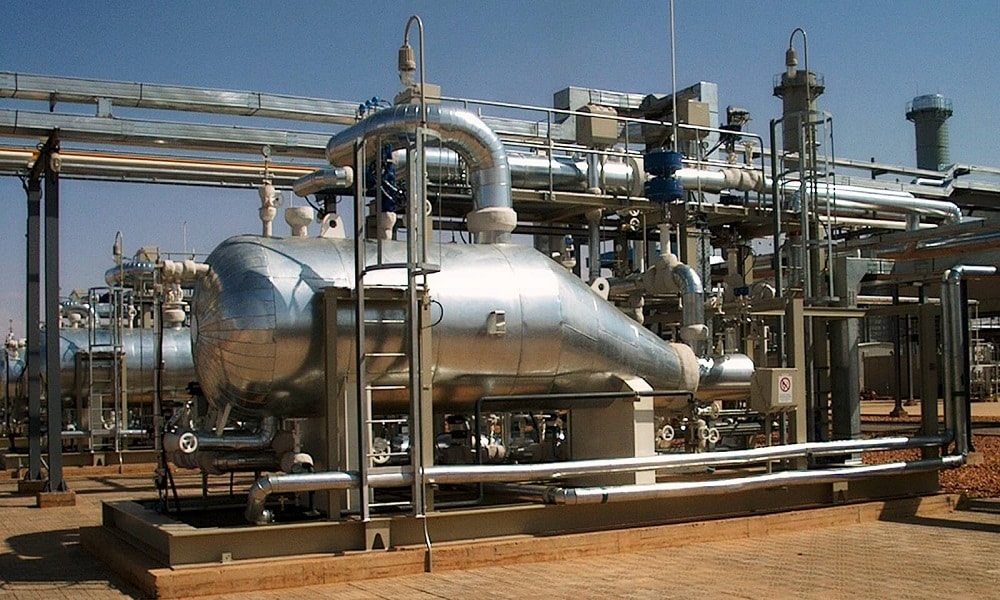
Hydrocarbon & Gases Storage Units

Functions
HYDRO CARBON
1. Periodic Environmental Management Assessment of Petrol Retail Stations, Financial Institution, and Tank Farms (Oil Installations) within the State.
2. Updating existing data on storage facilities of each tank farm and retail petrol stations.
3. Monitoring of Industries in conjunction with other departments (Monitoring Compliance and Enforcement).
4. Stakeholders’ sensitization meeting on best practices and safe disposal of spent/used oil.
5. Facilitating the construction of waste/used/spent oil recycling plant.
6. Periodic monitoring and sensitization of Liquefied Petroleum Gas (LPG) operators, vendors, and plant owners on Environmental Management and control.
7. Respond to public complaint on oil spillage and poor oil management.
8. Seminars on spill prevention, control and countermeasures.
9. Review of operational guidelines and regulation on Environmental management and control (downstream oil and gas sector) in conjunction with relevant stakeholders.
10. Capacity building programs on best technology and management practices in oil and gas sectors.
11. Request for submission of technical report (e.g spill prevention control and counter measure (SPCC). Environmental review.
12. Periodic monitoring and sensitization of liquefied petroleum gas (LPG) operators (vendors and plant owners) on Environmental management and control.
13. Seminar on spill prevention control and counter measure.
14. Periodic sectorial meetings.
15. Attendance at regulatory/ Agencies consultative forum meetings, LPG group, National Oil spill detection and response agency NOSDRA, DPR.
FAQs:
Q1. What is the essence of constructing a monitoring borehole/well?
ANS: -Monitoring Wells are wells with a small diameter drilled into the ground, used for level monitoring of groundwater tank leakage for underground water quality analysis, it is used to detect underground water pollution in tank farms and filling stations.
Q2. What is the difference between a monitoring borehole and a regular borehole?
ANS: -A regular borehole serves for domestic usage for household use, while a monitoring borehole is for monitoring underground leakages.
Q3. What is Environmental Development Charge (EDC) and why should the payment be made?
ANS:-Environmental Development Charge is a statutory bill used for the development of the environment.
Q4. What is the procedure to get registered as oil waste consultant, and which documents are required?
ANS:-An application letter on the company’s letter headed paper addressed to the General Manager; attached with the company’s CAC, LASSRA card, tax clearance to be submitted and acknowledged at the General Manager’s office.
Q5. What is the cost of registration and renewal of waste oil consultant permit?
ANS: -New registration/ Application – 150,000, Renewal – 100,000
Q6. What is the procedures for decommissioning an unused storage tank?
ANS:– Address a letter to the Agency, inviting the officials of the Agency to witness the decommissioning process; Ensure the environment where the tank is being decommissioned is not polluted and/or if polluted is being mitigated.
Q7. What is the billing rate of a facility for petroleum storage capacity?
ANS:- Industries – N5 per liter
Tank Farms – 10 kobo per liter
Financial Institutions – N12 per liter
DEPARTMENTS / UNITS
- Zonal Office Directorate
- Noise Control Department
- Water & Land Pollution Control Department
- Research and Development Department
- Chemical & HMM Department
- Natural Resource Protection
- Laboratory Services Department
- Enforcement Unit
- Finance and Accounts Department
- Admin & Human Resources Department
- Billing Unit
- Information, Communication Technology Unit
- Internal Audit Unit
- E-Waste Management Unit
- Hydrocarbon & Gases Storage Unit
- Public Relations Unit
- Data Management, Enquiries & Complaints Unit
- Legal Unit
- Engineering Unit
- Budget & Planning Unit
- Procurement Unit
- Monitoring and Compliance department
- Air Quality and Emission Control Unit
- Partnership Grants Managements and Innovation Unit
- Home
- Air Quality
- Trade | Các mẹo chơi xóc đĩa Sunwin dễ thắng nhất | Lagos State Environmental Protection Age…
- Trade | Các mẹo chơi xóc đĩa Sunwin dễ thắng nhất | Lagos State Environmental Protection Age…

